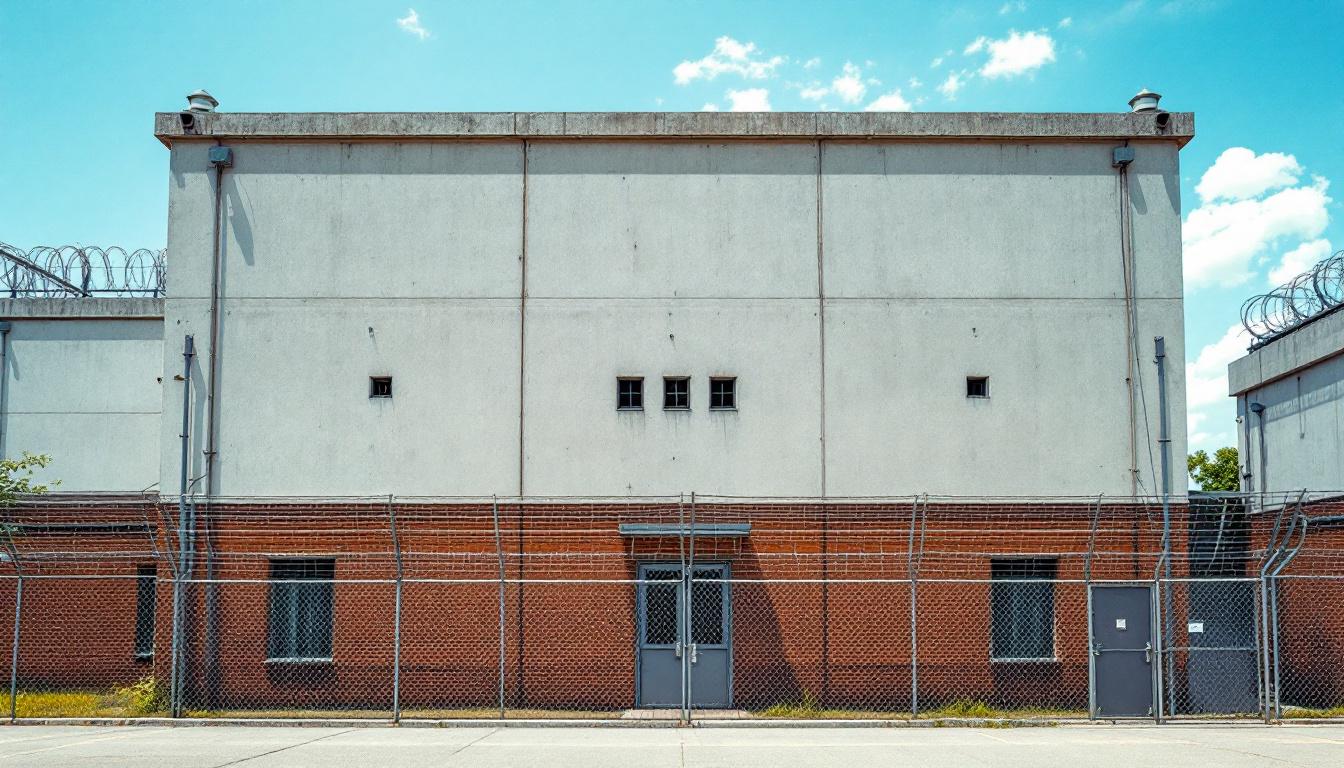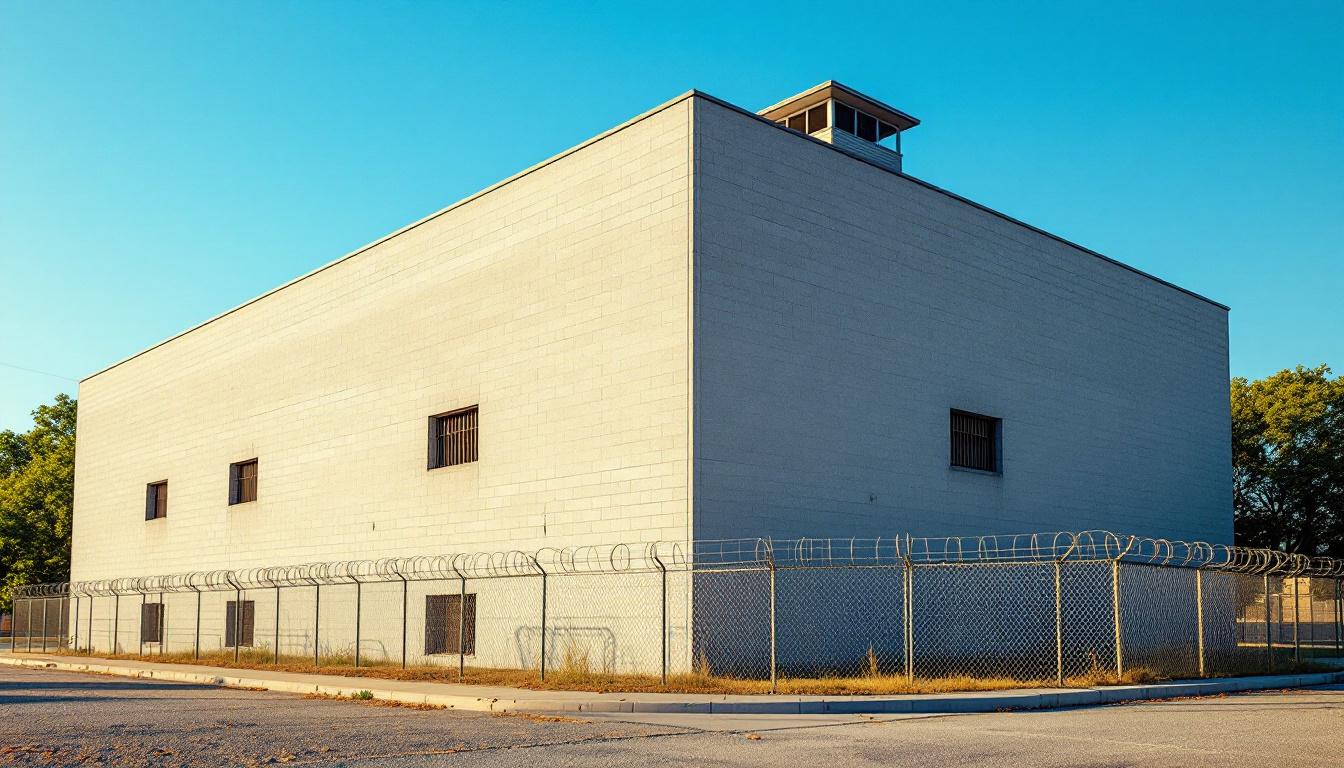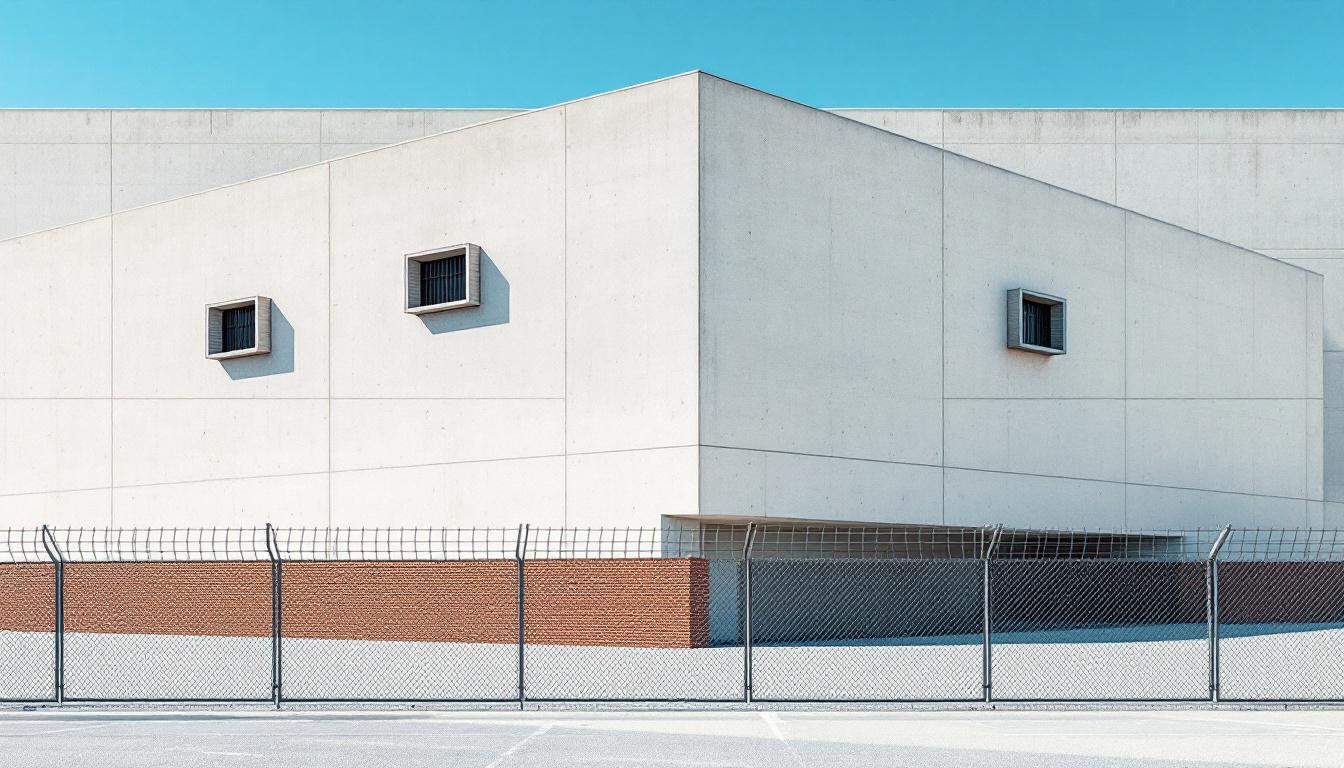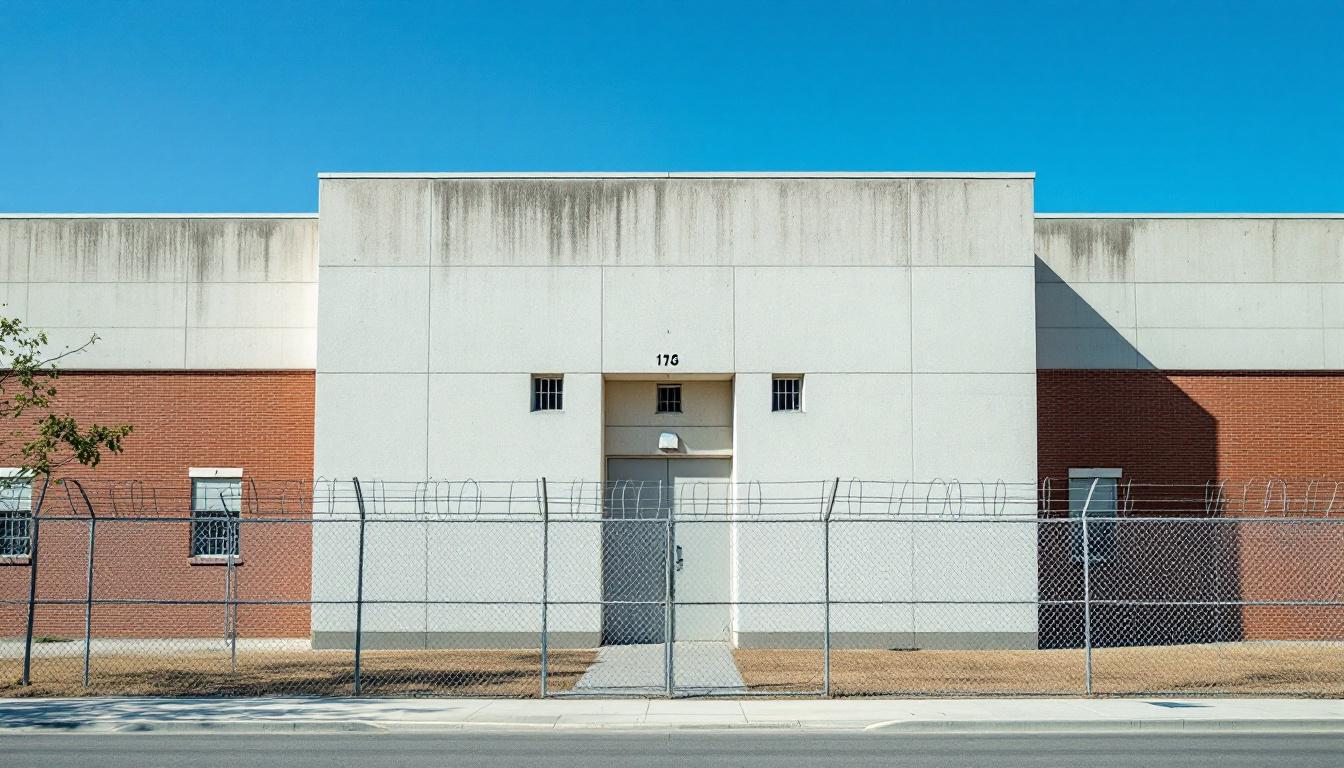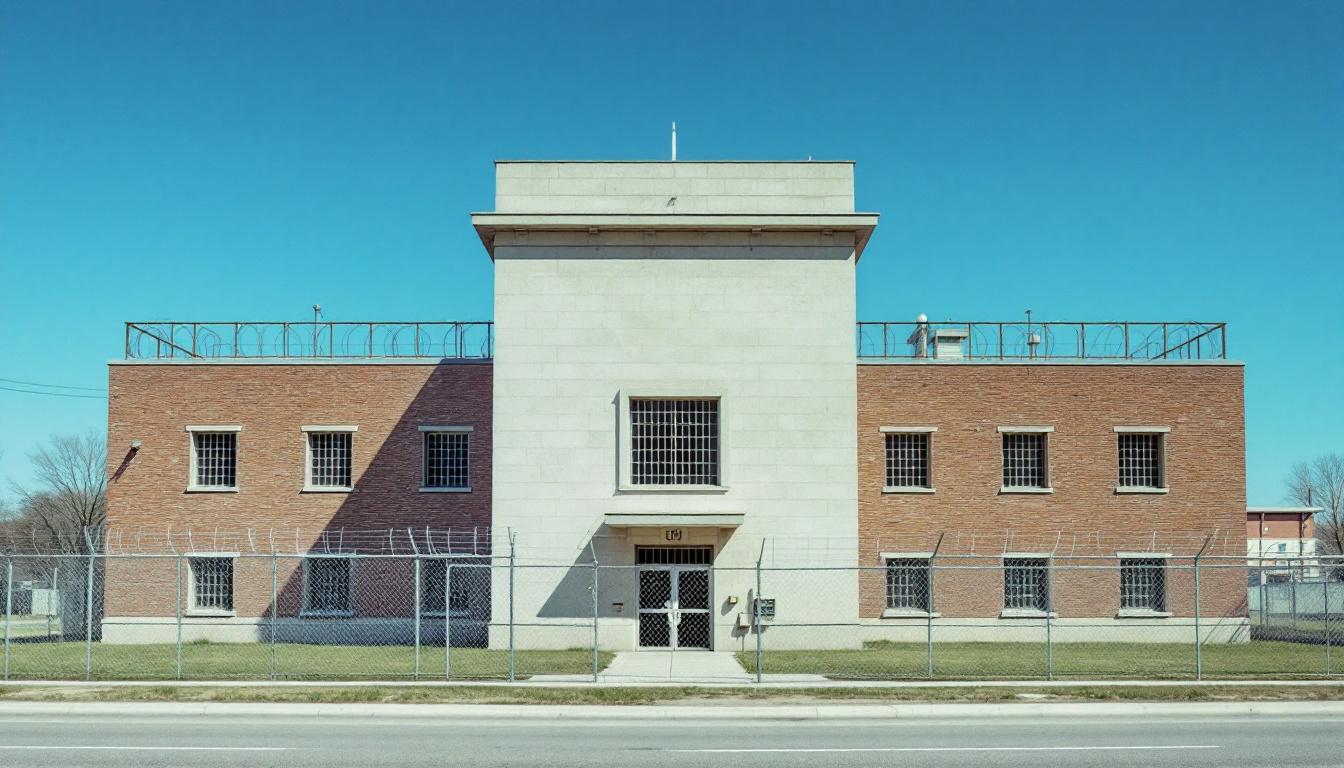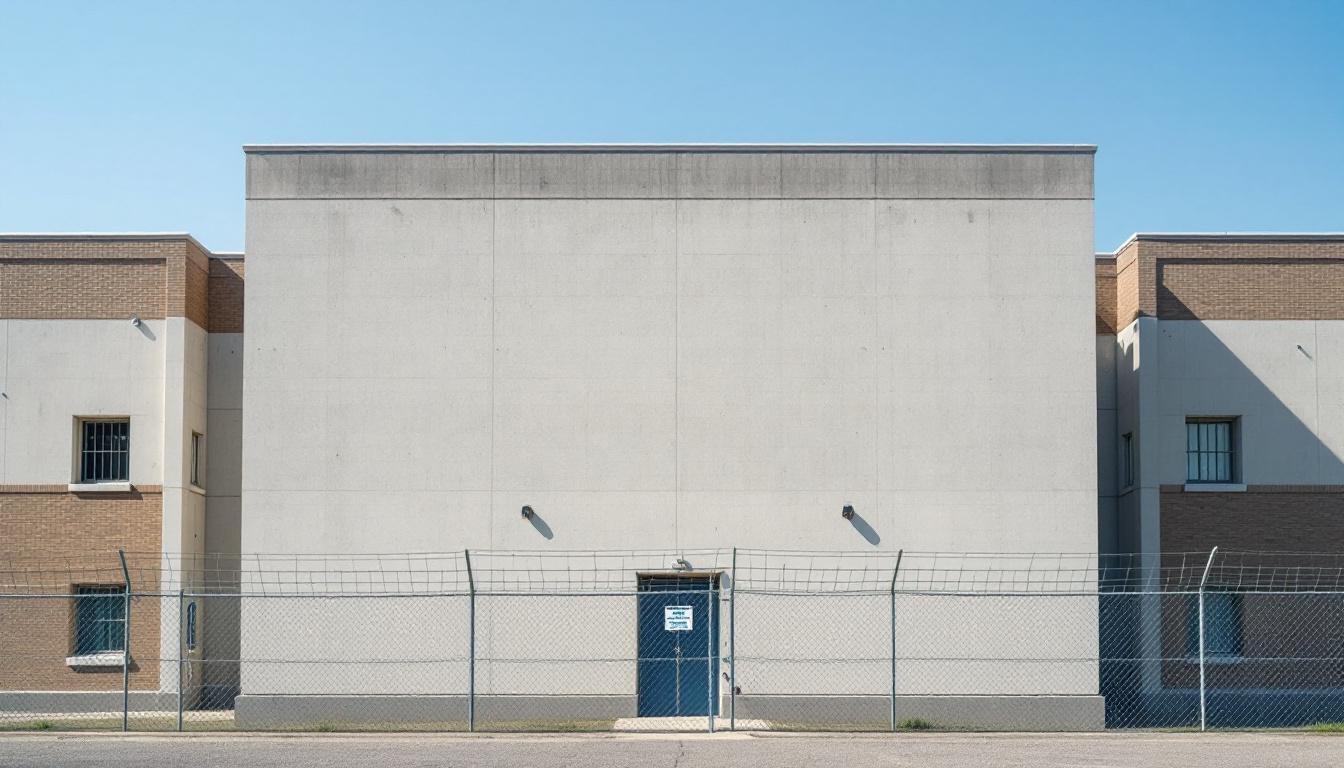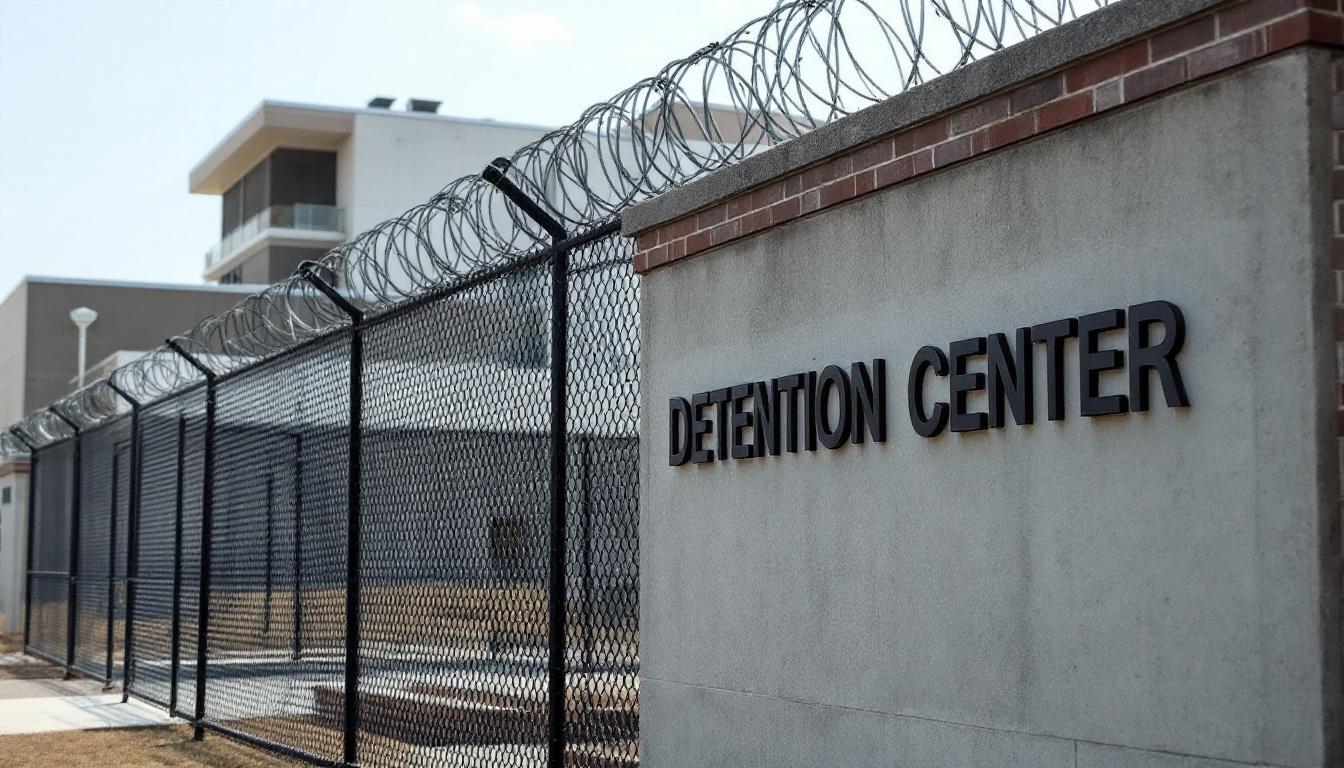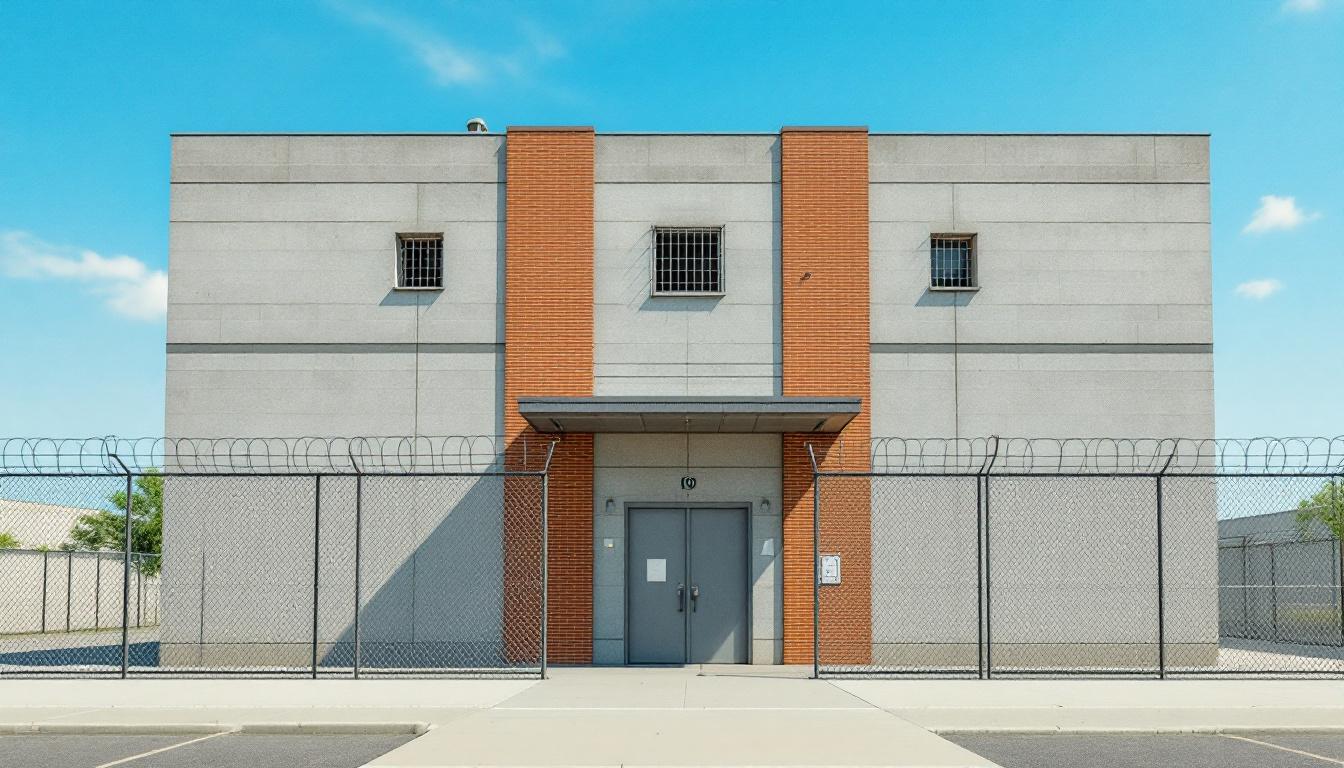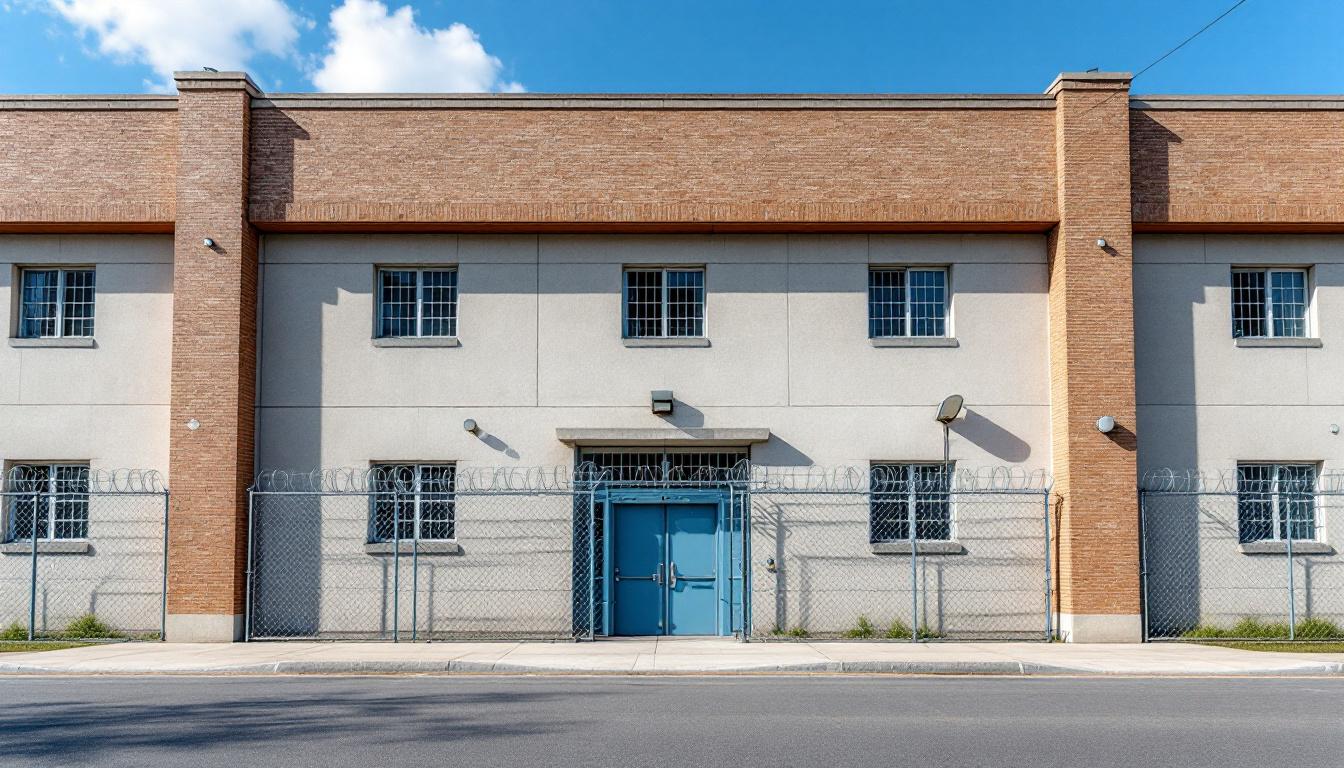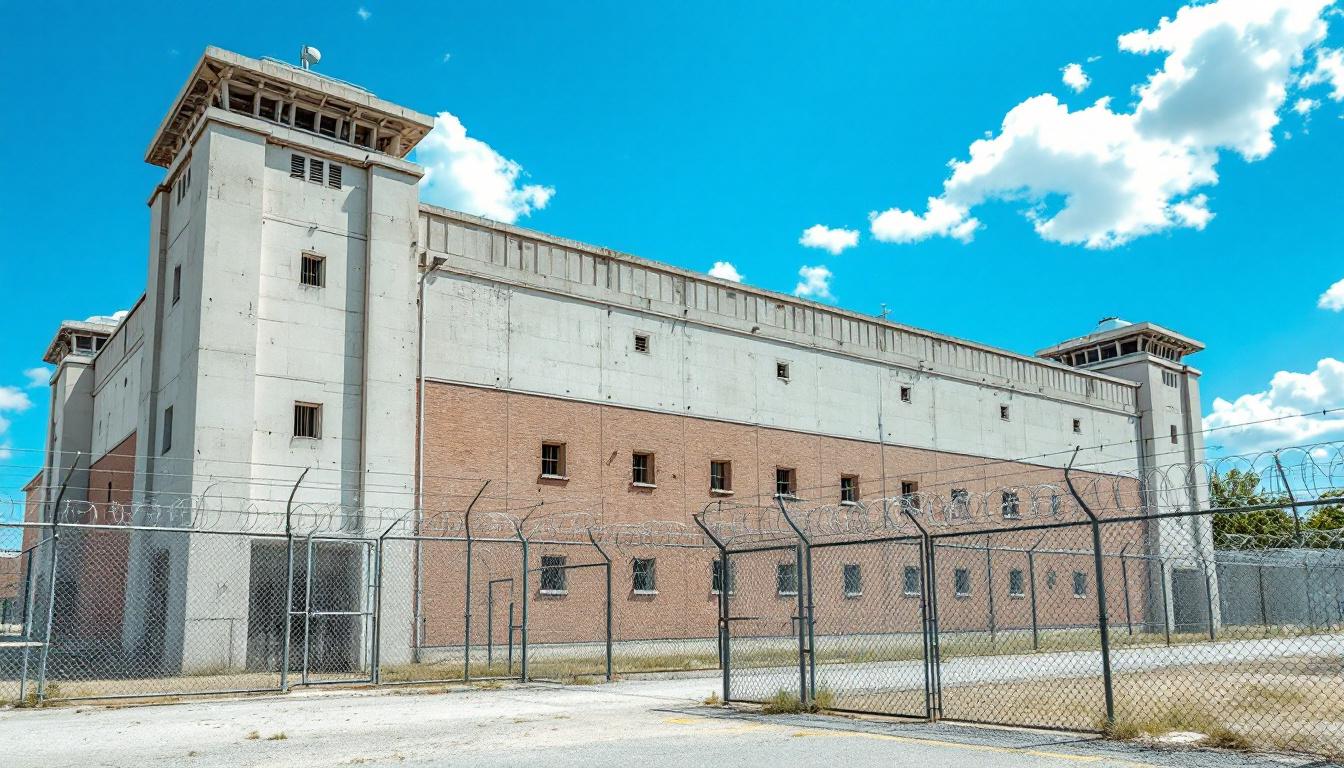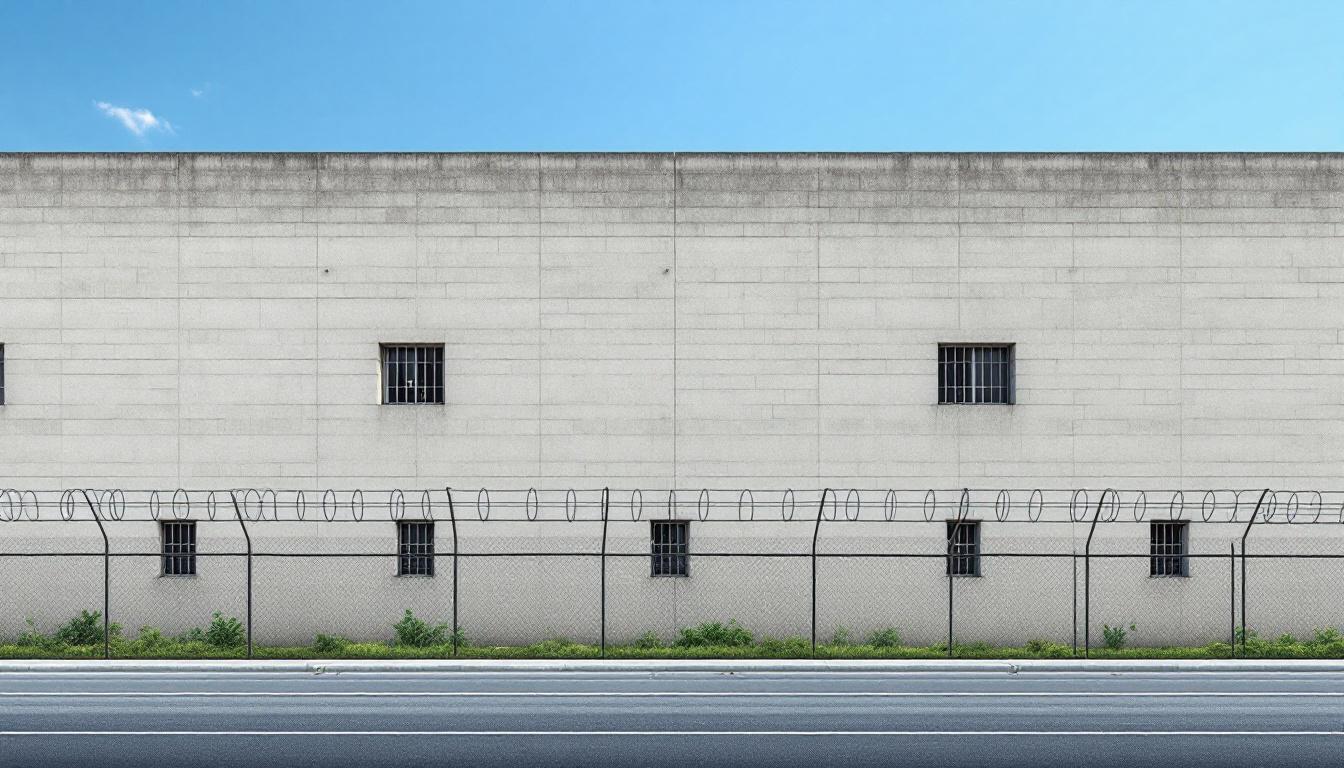
Quick Navigation
How to contact an inmate at FMC Butner
This comprehensive guide will walk you through how to connect with an inmate at FMC Butner. Follow the steps below to find an inmate and send letters and photos:
- Search for the inmate using our search tool below
- Create your account or log in to Penmate
- Write your message (up to 6,000 characters)
- Send instantly - inmates receive printed copies daily
Find an Inmate
Search for an inmate to start communicating today
Tip: You can search by first name, last name, or inmate ID number
To contact a person at FMC Butner start by searching for the person on the official facility website. Perform a search by following these steps:
- Step 1: Enter their first name and last name into the search form and click "Search"
- Step 2: Locate their inmate record
- Step 3: Write down their Inmate ID and any housing information provided
Important! Be sure to enter the person's full name. Nicknames should not be used.
How to Send Messages to Inmates

You can use your phone or computer to send emails, letters, and photos to an inmate. Messages are sent electronically to inmate tablets or kiosks at the facility. If you would like to send a message, start by searching for an inmate at FMC Butner.
Sending Photos and Postcards

A great way to send love and support to a loved one at FMC Butner is to send photos and postcards. It only takes a few minutes to send photos from your phone and it makes a huge difference. You can also mail postcards with words of support and inspiration, or design your own postcard for special moments like birthdays and holidays.
Important! Be sure not to send any explicit photos or they may not be approved by the facility. You can also use a photo printing app like Penmate to make sure your photos are printed at the correct size (4x6 or 3x5) and are mailed according to the rules and regulations of FMC Butner.
Frequently asked questions about FMC Butner
-
How long does it take to deliver a message?
If you're sending an email message your letter is usually delivered within 24-48 hours. For messages sent via mail you should expect delivery within 3-7 days. All messages will need be approved by FMC Butner.
-
How much does it cost to send a message to FMC Butner?
You can send a message free using your phone or mail a message via USPS for the price of a $0.60 stamp and envelope. You can also purchase credits or e-stamps from services starting at $1.99.
-
What services can I use to contact an inmate at FMC Butner?
Penmate
You can use Penmate to send letters and photos to an inmate from your phone. It's an easy way to stay in touch during your loved one's incarceration. Use the inmate locator to find an inmate's location and contact information, then you can send messages within a few minutes.
Securus messaging
Securus may be another option for communicating with an inmate at FMC Butner. You can create a friends and family account and purchase credits to send messages. All messages will be reviewed and must be approved by the facility.
JPay
Some county jails and state prisons may support sending messages with JPay. You must register an account with the system, find your loved one, and purchase stamps to send messages. For some locations you can also attach photos.
Smart Jail Mail
You may also check if Smart Jail Mail is available at FMC Butner. Smart Jail Mail is operated by Smart Communications and has contracted with some state and county jails. After purchasing credits, your messages and photos are sent to the facility, printed out, and then handed out to your loved one.
-
What is the mailing address of FMC Butner?
Mailing address:
FMC Butner
320 first St NW
Bahama, NC 27503
Phone: (919) 575-3900Business hours:
- Monday: 9:00 AM – 8:00 PM
- Tuesday: 9:00 AM – 8:00 PM
- Wednesday: 9:00 AM – 8:00 PM
- Thursday: 9:00 AM – 8:00 PM
- Friday: 9:00 AM – 8:00 PM
- Saturday: 9:00 AM – 8:00 PM
- Sunday: 9:00 AM – 8:00 PM
-
What are the visiting hours at FMC Butner?
Visiting hours at FMC Butner vary by housing unit and security level. Generally, visits are scheduled on weekends and holidays, with some facilities offering weekday visits. Contact the facility directly at (919) 575-3900 or check their website for the current visiting schedule. Visits typically last 30-60 minutes and must be scheduled in advance.
-
What items are prohibited when sending mail to FMC Butner?
Prohibited items typically include: cash, personal checks, stamps, stickers, glitter, glue, tape, staples, paperclips, polaroid photos, musical or blank greeting cards, hardcover books, magazines with staples, and any items containing metal or electronics. Only send letters on plain white paper with blue or black ink. Photos must be printed on regular photo paper (no Polaroids). Always check with FMC Butner for their specific mail policies.
-
How do I send money to an inmate at FMC Butner?
You can send money to an inmate at FMC Butner through several methods: 1) Online using JPay, Access Corrections, or the facility's approved vendor, 2) Money orders mailed directly to the facility with the inmate's name and ID number, 3) Kiosks located in the facility lobby, or 4) Over the phone using a credit or debit card. Fees vary by method, typically ranging from $2.95 to $11.95 per transaction.
-
Can I schedule a video visit with an inmate at FMC Butner?
Many facilities now offer video visitation as an alternative to in-person visits. At FMC Butner, video visits may be available through services like Penmate, Securus Video Connect, GTL, or ICSolutions. Video visits typically cost $10-20 for 20-30 minutes and must be scheduled in advance. You'll need a computer or smartphone with a camera and reliable internet connection. Contact the facility for their specific video visitation policies and approved vendors.
-
What identification do I need to visit an inmate at FMC Butner?
All visitors must present valid government-issued photo identification such as a driver's license, state ID, passport, or military ID. Minors must be accompanied by a parent or legal guardian who can provide the minor's birth certificate. Some facilities require visitors to be on the inmate's approved visitation list, which may require a background check. Contact FMC Butner for specific ID requirements and visitor approval procedures.
-
How can I find out an inmate's release date?
To find an inmate's release date at FMC Butner, you can: 1) Use the online inmate search tool if available, 2) Call the facility's records department, 3) Contact the inmate's case manager or counselor, or 4) Have the inmate provide this information during a call or visit. For privacy reasons, some facilities only release this information to immediate family members.
Facility Overview
Official Website
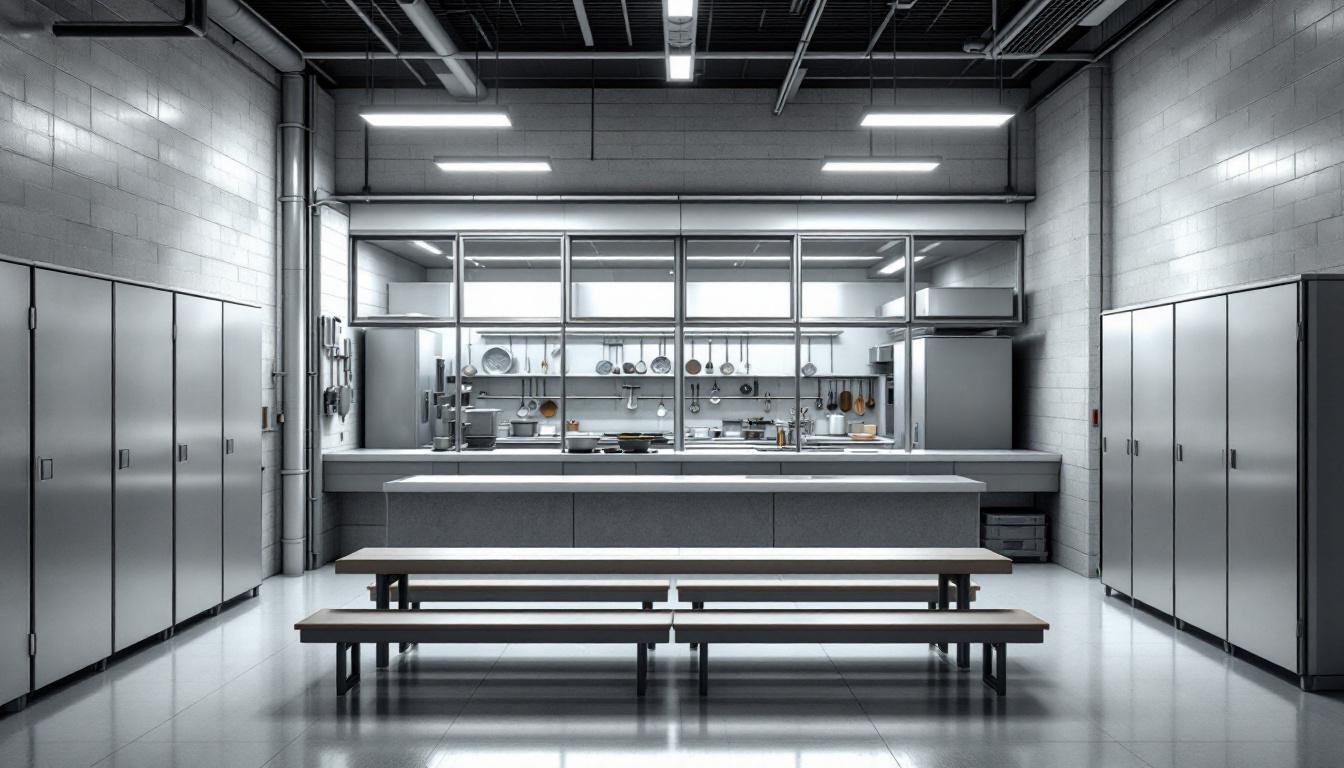
About FMC Butner
Community connections form the foundation upon which FMC Butner, NC builds its comprehensive approach to correctional services, recognizing that successful reintegration begins with maintaining meaningful ties to the broader Butner area. This NC correctional facility operates with an understanding that inmates services extend far beyond basic custody, encompassing programs designed to strengthen family relationships and prepare individuals for their eventual return to society.
Located within North Carolina's correctional system, FMC Butner typically offers a range of educational and vocational opportunities that may include literacy programs, job skills training, and substance abuse counseling. The facility generally maintains connections with local community organizations and religious groups, providing inmates with access to mentorship programs and spiritual guidance that can prove essential during incarceration and beyond. These partnerships often facilitate smooth transitions back into the community, helping individuals rebuild their lives while maintaining accountability for their actions.
The correctional facility's approach to rehabilitation in Butner emphasizes personal responsibility alongside community support, creating an environment where positive change becomes possible. Through various counseling services and behavioral programs, inmates may work toward addressing underlying issues that contributed to their incarceration, while family visitation policies typically encourage ongoing relationships with loved ones. This comprehensive framework recognizes that successful reentry requires both individual commitment and community acceptance, making the facility's role in the broader Butner area both significant and multifaceted.
Programs & Services
Personal growth and skill development form the foundation of rehabilitation services at FMC Butner. The facility typically emphasizes building practical abilities that inmates can use both during incarceration and after release. Services are often designed to address individual needs while preparing participants for successful community reintegration.
Educational services may provide opportunities for inmates to earn their high school diploma through structured coursework. These programs often include basic literacy support and academic skill building. Also, vocational training services typically offer hands-on instruction in trades that can lead to employment opportunities. These programs may focus on developing marketable skills in various fields such as construction, maintenance, or food service.
Therapeutic services often include substance abuse programs that address addiction issues through counseling and group sessions. These services may help inmates understand the factors that contributed to their incarceration. Also, support services typically provide family reunification assistance to help maintain important relationships during incarceration. Decision-making skills training may offer practical guidance for making better choices in daily situations and long-term planning.
Daily Life & Visitation
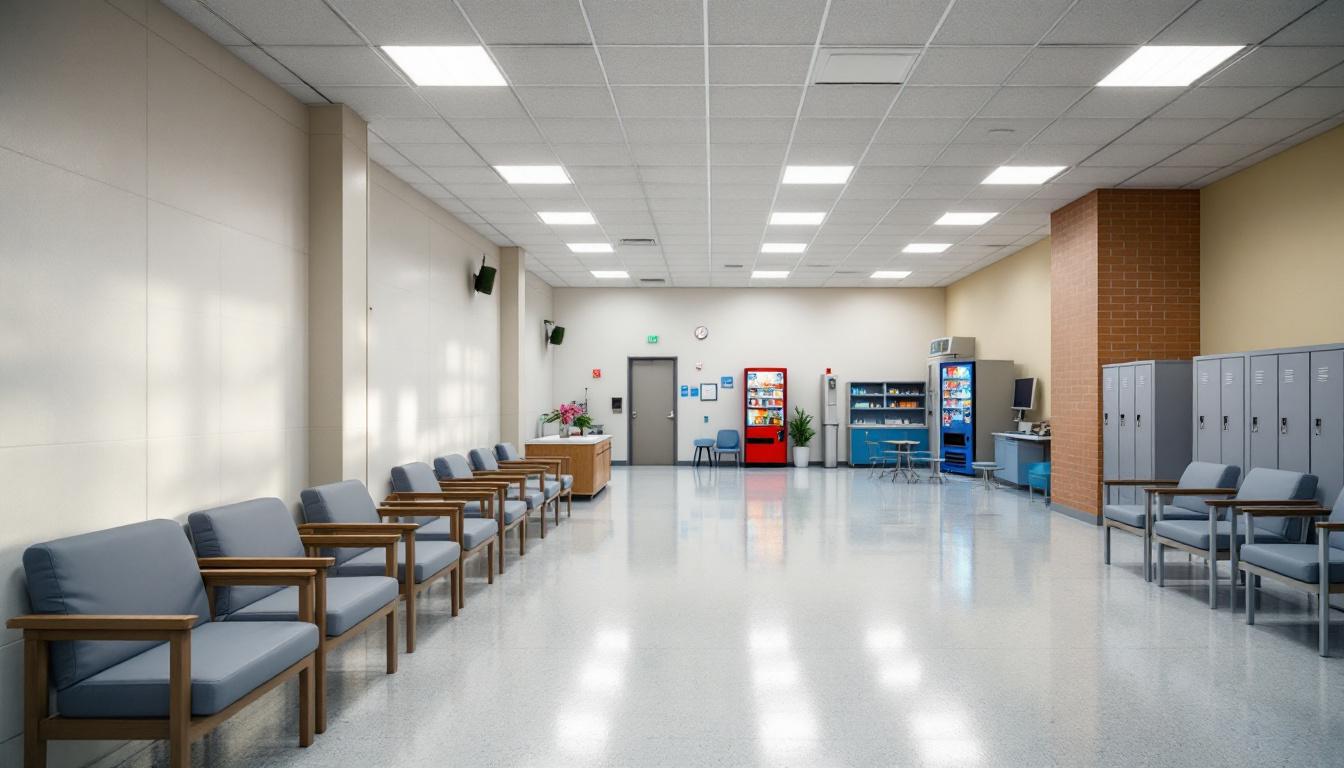
Behind the secure perimeter of FMC Butner, inmates navigate a structured environment where medical care intersects with correctional protocols. Daily routines now revolve around scheduled medical appointments, medication distribution, and therapeutic programming that inmates regularly attend based on their individual treatment plans. Count times punctuate the day as inmates move between housing units, medical facilities, and program areas under staff supervision.
Housing arrangements typically place inmates in dormitory-style units or individual cells, depending on their medical needs and security classification. Inmates generally adapt to shared living spaces by establishing personal routines within the facility's guidelines. Meals are served in designated dining areas at scheduled times, with dietary accommodations often available for those with medical restrictions. Also, inmates may access commissary services to supplement their basic provisions and purchase approved personal items.
Recreation opportunities provide structure through organized activities in indoor and outdoor spaces when weather permits. However, participation may depend on individual medical clearance and treatment schedules. Work assignments typically include facility maintenance, food service, and clerical duties that help inmates develop skills while contributing to daily operations. Visitation policies generally allow approved family members and friends to maintain contact through scheduled visits, phone calls, and correspondence. Also, structured programming schedules often include educational classes, vocational training, and therapeutic groups designed to support both medical treatment and eventual reintegration into the community.
Ready to Connect?
Start communicating with your loved one today
Search for an Inmate
